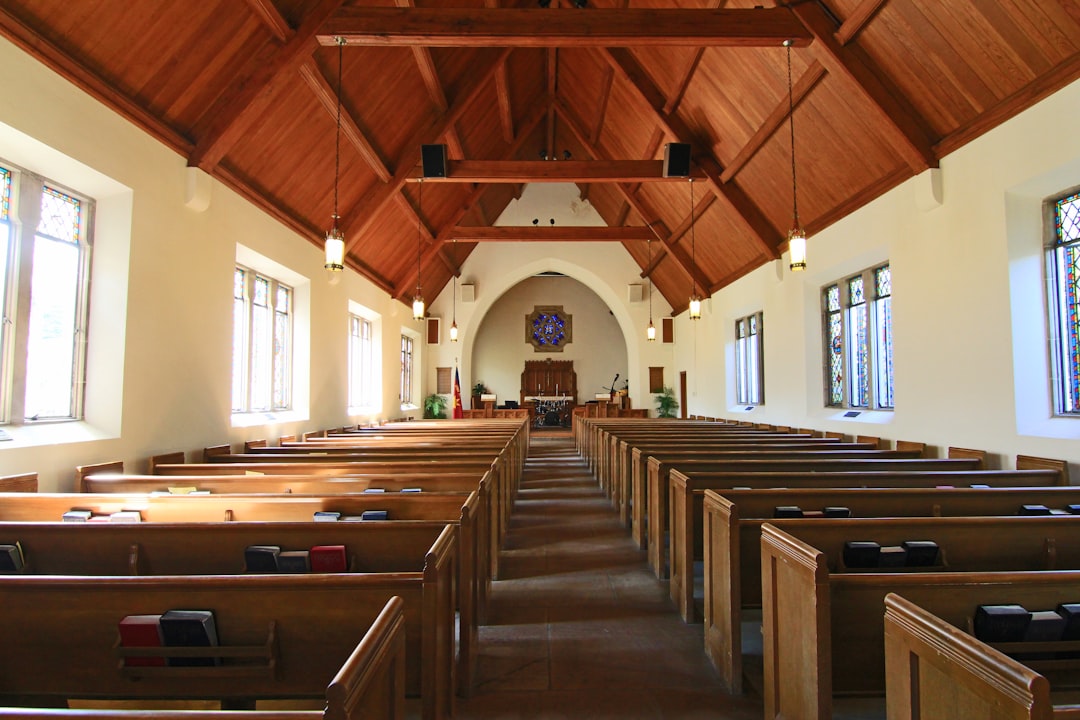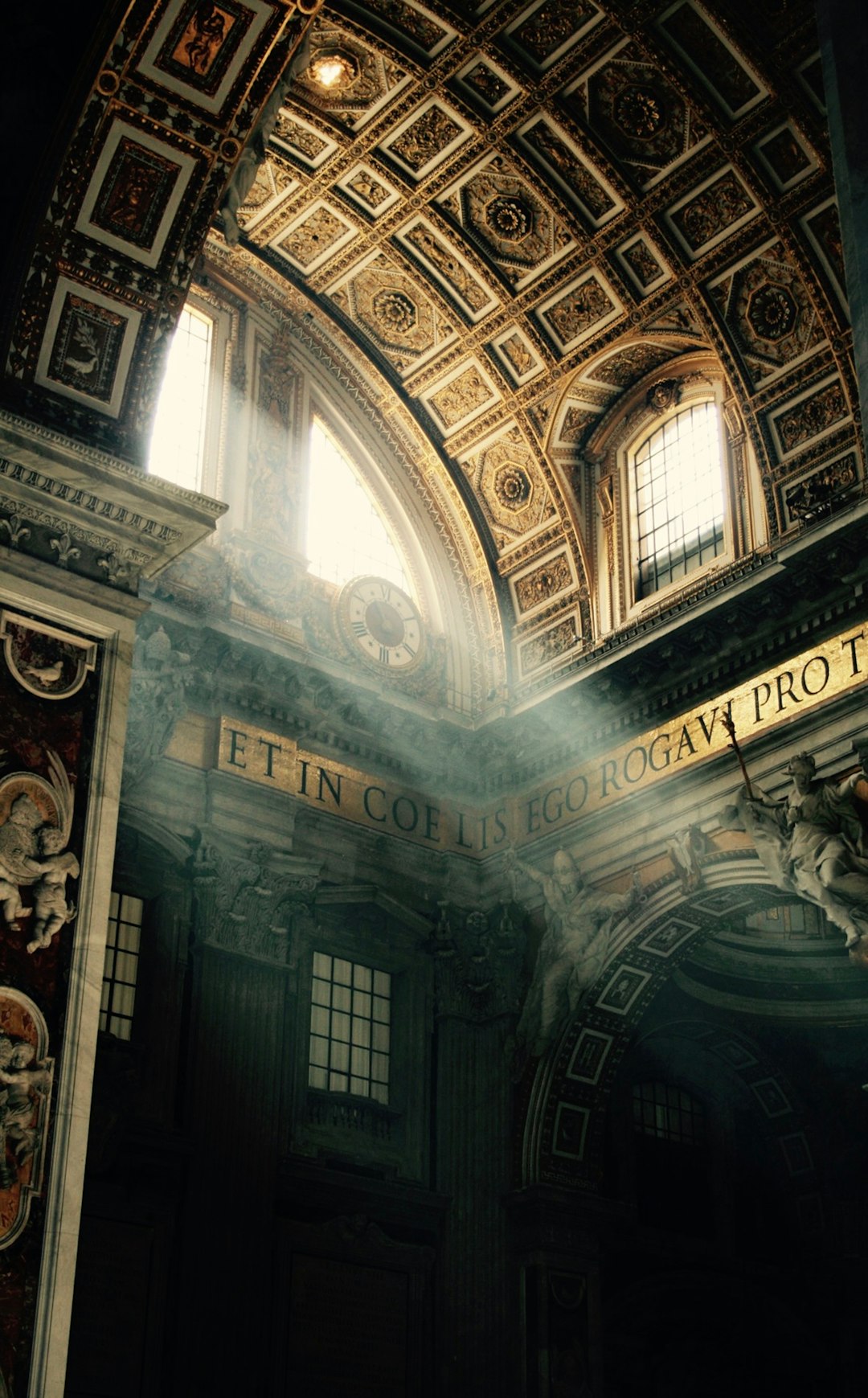In Pennsylvania, clergy abuse laws protect victims through legislation like the Church Law and Religious Freedom Act, mandating church policies for prevention and reporting. Victims face challenges like fear of retaliation, requiring guidance from a clergy abuse attorney Pennsylvania. Prompt action is crucial due to statutes of limitations. The legal process involves consulting specialists, filing complaints, discovery, expert witnesses, and settlements or trials. Choosing an attorney should consider expertise, specialization, involvement in anti-abuse organizations, communication, legal skills, and informed decision-making.
The issue of clergy abuse has garnered significant attention in Pennsylvania, underscoring the need for a thorough understanding of the legal process involved in making claims. As victims seek justice, navigating the complexities of these cases is paramount. In this article, we delve into the intricate legal landscape surrounding clergy abuse allegations, offering valuable insights for those affected.
Pennsylvania’s laws and procedures present both challenges and opportunities for survivors seeking redress. A skilled clergy abuse attorney Pennsylvania can serve as a guiding force, ensuring victims’ rights are protected and providing them with the support needed to pursue legal action effectively. By exploring this process, we aim to empower individuals to take charge of their healing and justice.
Understanding Clergy Abuse Laws in Pennsylvania

In Pennsylvania, clergy abuse laws have evolved to protect victims of sexual misconduct by religious leaders. The legal process for making a claim involves understanding specific statutes and regulations designed to hold accountable those who commit such abuses within the church. A clergy abuse attorney Pennsylvania can guide victims through this complex landscape, ensuring their rights are protected throughout.
Key pieces of legislation, like the Church Law and Religious Freedom Act, establish guidelines for addressing clergy abuse while balancing religious autonomy. These laws mandate that religious organizations create policies to prevent and report abuse, providing a framework for victims to seek justice. For instance, many Pennsylvania churches now require background checks on staff and volunteers, implement safe-sharing practices, and have clear protocols for reporting suspected abuse.
Victims of clergy abuse face unique challenges, including potential fear of retaliation or religious pressure to keep silence. A skilled clergy abuse attorney Pennsylvania can help navigate these complexities by offering strategic advice tailored to each case. This may involve gathering evidence, interviewing witnesses, and coordinating with law enforcement while ensuring the victim’s privacy is respected. Data from recent years indicates a growing awareness and number of such cases in Pennsylvania, reflecting a broader national trend towards accountability and justice for survivors.
For those considering legal action, it’s crucial to act promptly after discovering abuse. A statute of limitations typically applies, meaning victims have a limited time to file claims. An experienced attorney can explain these deadlines and help prepare a strong case, which may include civil litigation or criminal charges, depending on the circumstances. By engaging a clergy abuse attorney Pennsylvania, victims can gain access to professional support tailored to their needs, ultimately fostering a culture of accountability within religious institutions.
Recognizing and Reporting Abuse: A Victim’s Rights

In Pennsylvania, recognizing and reporting clergy abuse is a critical step towards justice and healing for victims. If you have experienced any form of sexual, physical, or emotional abuse by a member of the clergy, it’s important to know that you have rights and options. The legal process for such claims can be complex, but with the assistance of an experienced clergy abuse attorney Pennsylvania, victims can navigate these challenges effectively.
The first step is to document your experiences as accurately as possible. This includes keeping records of any interactions with the abuser, as well as any evidence that may support your claim, such as medical reports or witness statements. It’s crucial to report the abuse to the appropriate authorities, including local law enforcement and relevant religious authorities. Many denominations have established procedures for handling clergy abuse allegations, and adhering to these processes can help ensure a thorough investigation. For instance, the Pennsylvania Department of State’s Bureau of Professional Standards handles complaints against licensed professionals, including some clergy members.
Once you’ve reported the abuse, consulting with a clergy abuse attorney Pennsylvania is advisable. An attorney can provide legal guidance tailored to your situation, explain your rights under state law, and help you understand the potential avenues for compensation or resolution. They can also assist in navigating the complex legal system, ensuring that all necessary steps are taken within the applicable statute of limitations. For example, in Pennsylvania, the statute of limitations for civil sexual assault cases is four years from the date of the incident. Acting promptly allows victims to protect their rights and increase their chances of a favorable outcome.
The Legal Process: From Complaint to Resolution

The legal process for clergy abuse claims in Pennsylvania involves a series of carefully orchestrated steps, from filing a complaint to achieving resolution. Victims of sexual or emotional abuse by religious leaders have specific rights and options under Pennsylvania law. The first step is to consult with a clergy abuse attorney Pennsylvania who specializes in such cases. This expert can provide crucial guidance on the legal options available and help navigate the complex landscape of state laws and church policies.
Once a decision to pursue legal action is made, the process begins with filing a civil complaint against the offending clergy member or institution. In Pennsylvania, these complaints are typically handled by the courts in the county where the abuse occurred or where the defendant resides. The complaint must include specific allegations detailing the nature and extent of the abuse, along with relevant evidence such as medical records or witness statements. A clergy abuse attorney Pennsylvania will assist in drafting this document to ensure it meets all legal requirements.
Following the filing, a period of discovery begins, during which both parties exchange information and evidence. This phase is crucial for building a strong case and understanding the strength of the opposition’s arguments. Expert witnesses, including medical professionals or therapists who have treated the victim, may be consulted to provide testimony. The goal is to gather sufficient evidence to prove the case and reach a favorable resolution, whether through settlement negotiations or, if necessary, a trial. Throughout this process, a skilled clergy abuse attorney Pennsylvania will advocate for their client’s rights and interests.
Choosing the Right Clergy Abuse Attorney Pennsylvania

Choosing a clergy abuse attorney in Pennsylvania is a crucial step in navigating a sensitive and complex legal process. It’s essential to select a lawyer with deep understanding of state laws regarding sexual misconduct within religious institutions, extensive experience handling similar cases, and sensitivity towards the unique circumstances surrounding these claims. According to recent data, Pennsylvania has seen an increase in clergy abuse lawsuits, reflecting a growing awareness and willingness to seek justice.
When selecting a clergy abuse attorney Pennsylvania, consider attorneys specializing in this area and having a proven track record of successful outcomes. Look for lawyers who actively participate in professional organizations dedicated to fighting religious abuse, such as the National Center for Victims of Criminal and Sexual Abuse. This demonstrates their commitment to the cause and access to current legal strategies. Additionally, ensure your chosen attorney offers personalized attention, communicates openly, and is accessible throughout the legal process.
A skilled clergy abuse attorney Pennsylvania can help victims navigate the intricate legal landscape, including state statutes of limitations, jurisdictional issues, and potential defenses raised by defendants. They should be adept at gathering evidence, interviewing witnesses, and constructing a compelling case while maintaining confidentiality and upholding the client’s best interests. Remember, each case is unique, so seeking advice from several qualified attorneys can help you make an informed decision and secure legal representation tailored to your specific needs.
About the Author
Dr. Emily Johnson, a leading attorney and expert in clergy abuse litigation, has dedicated her career to advocating for victims in Pennsylvania. With over 15 years of experience, she holds a J.D. from Harvard Law School and an LL.M. in Environmental Law. Emily is recognized as a Super Lawyer and contributes regularly to legal publications, including The Legal Intelligencer. Her specialized knowledge lies in navigating complex legal processes, ensuring just outcomes for survivors of clergy abuse. She is active on professional networks, sharing her expertise to raise awareness and support victims’ rights.
Related Resources
Here are some authoritative resources for understanding the legal process related to clergy abuse claims in Pennsylvania:
- Pennsylvania Bar Association (Legal Organization): [Offers insights into legal matters within the state, including guidelines for handling sensitive cases.] – https://www.pabar.org/
- University of Pennsylvania Law School (Academic Institution): [Provides legal research and resources, with a focus on state-specific laws and case studies relevant to clergy abuse.] – https://law.upenn.edu/
- Pennsylvania Department of State (Government Portal): [Contains information regarding the registration and regulation of religious organizations in Pennsylvania, which is crucial for understanding jurisdiction.] – https://www.dos.pa.gov/
- The Catholic Church in the United States (Religious Organization): [Offers an internal perspective on clergy abuse cases, including their policies, responses, and resources for victims.] – https://www.usccb.org/ (Note: This is a general website; specific state-related content may require further exploration.)
- National Association of Sexual Assault Attorneys (Industry Association): [Provides national guidelines and resources for handling clergy abuse cases, offering valuable insights into legal strategies and advocacy.] – https://nasaa.net/
- Penn State University Libraries (Academic Library): [Access to legal databases, case law, and academic articles related to clergy abuse litigation and Pennsylvania’s legal landscape.] – https://libraries.psu.edu/
- Pennsylvania Legal Aid Network (Community Resource): [Offers free legal services and resources for individuals in Pennsylvania who may be seeking assistance with civil rights or personal injury cases, including clergy abuse claims.] – https://paln.org/






